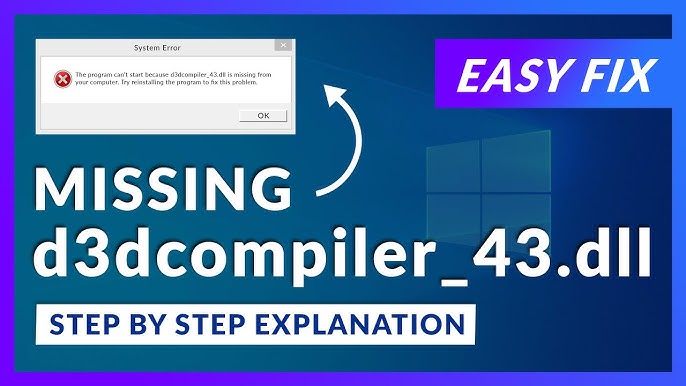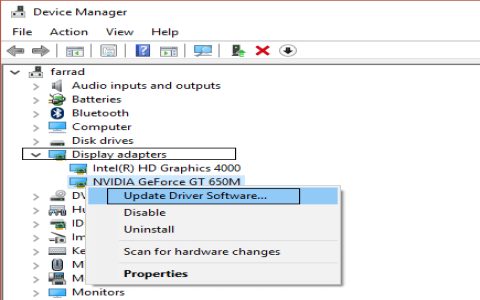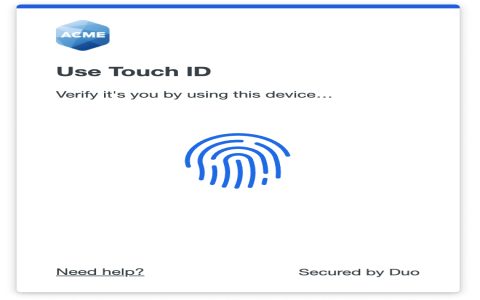The "missing d3dcompiler_*" error typically occurs when a program, often a game, requires this specific DirectX component but cannot locate it on your system. Resolving it involves secure and recommended methods:
Recommended Safe Solutions
- Run System File Checker (SFC): Open Command Prompt as Administrator. Type sfc /scannow and press Enter. This scans and repairs corrupted Windows system files, including potential DirectX issues.
- Run DISM (Deployment Image Servicing and Management): If SFC fails, open Command Prompt (Admin). Type DISM /Online /Cleanup-Image /RestoreHealth and press Enter. This repairs the Windows system image.
- Install the Latest DirectX End-User Runtime: Download the latest DirectX End-User Runtime Web Installer. Run this installer even if you think DirectX is up-to-date; it ensures all necessary legacy components like d3dcompiler_* are present.
- Install Microsoft Visual C++ Redistributables: Download and install both the latest x86 (32-bit) and x64 (64-bit) versions of the Microsoft Visual C++ Redistributable packages. d3dcompiler_* is part of the 2010 redistributable.
- Reinstall the Affected Application: A corrupt application installation might be the cause. Uninstall the program triggering the error, then reinstall it.
- Update Graphics Drivers: Visit your GPU manufacturer's official website. Download and install the most recent graphics drivers for your specific model.
Alternative Sources (Use with Caution)
While downloading DLLs from third-party websites is strongly discouraged due to significant security risks (malware, trojans), if the secure methods above fail, you may consider these official channels only:
- Official Game/Application Support Pages: Some game developers provide specific DLL troubleshooting guides or links to official redistributables within their support portals.
- Authoritative Driver Distribution Platforms: Some trusted driver download platforms occasionally host verified DLL collections.
Critical Warning: Never download DLLs from unofficial websites or user forums. Scan any file downloaded from alternative sources with updated antivirus software immediately before use. Prefer integrated system tools and official redistributables whenever possible. The safest approach is always through Microsoft's own installers or a system repair.










